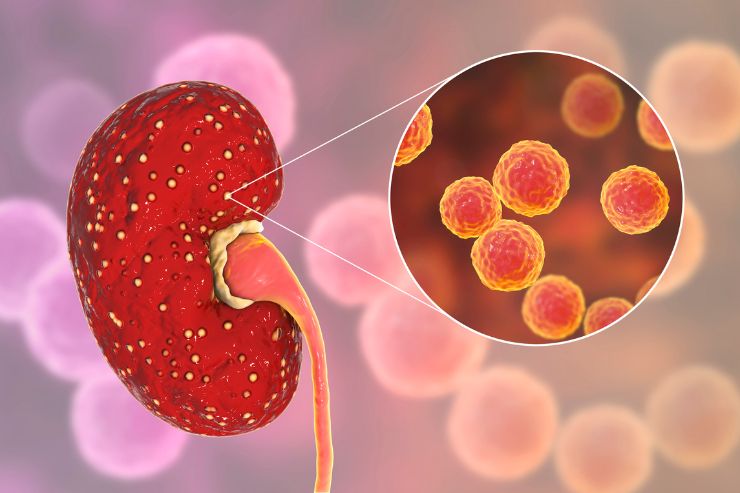
Acute Kidney Failure (AKF), also called Acute Renal Failure, is a sudden loss of your kidneys’ ability to filter waste from your blood. When this happens, harmful waste products and excess fluids build up in the body, leading to serious health problems. AKF can happen quickly, often within days or even hours, and requires immediate medical attention.
What Causes Acute Kidney Failure?
AKF can be triggered by several factors, including:
People with chronic conditions like heart disease, diabetes, or high blood pressure are at a higher risk of developing acute kidney failure.
Symptoms of Acute Kidney Failure
Recognizing the signs of AKF early is crucial. Symptoms may include:
Treatment for Acute Kidney Failure
Acute Kidney Failure is a medical emergency, but with prompt treatment, kidney function can often be restored. Treatment may involve: